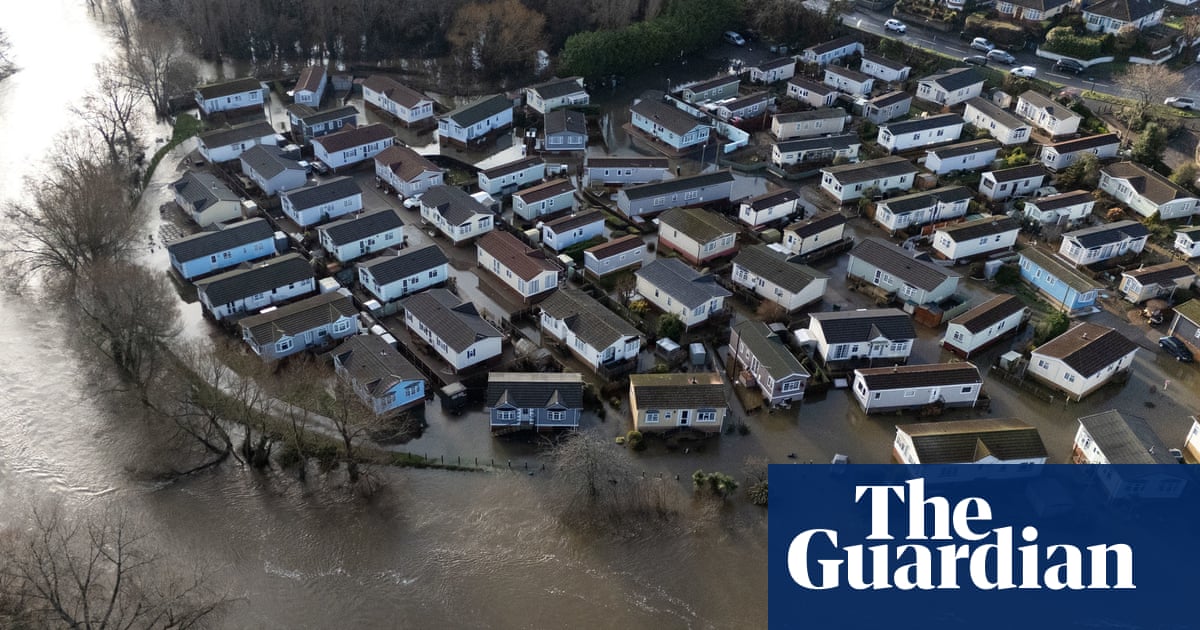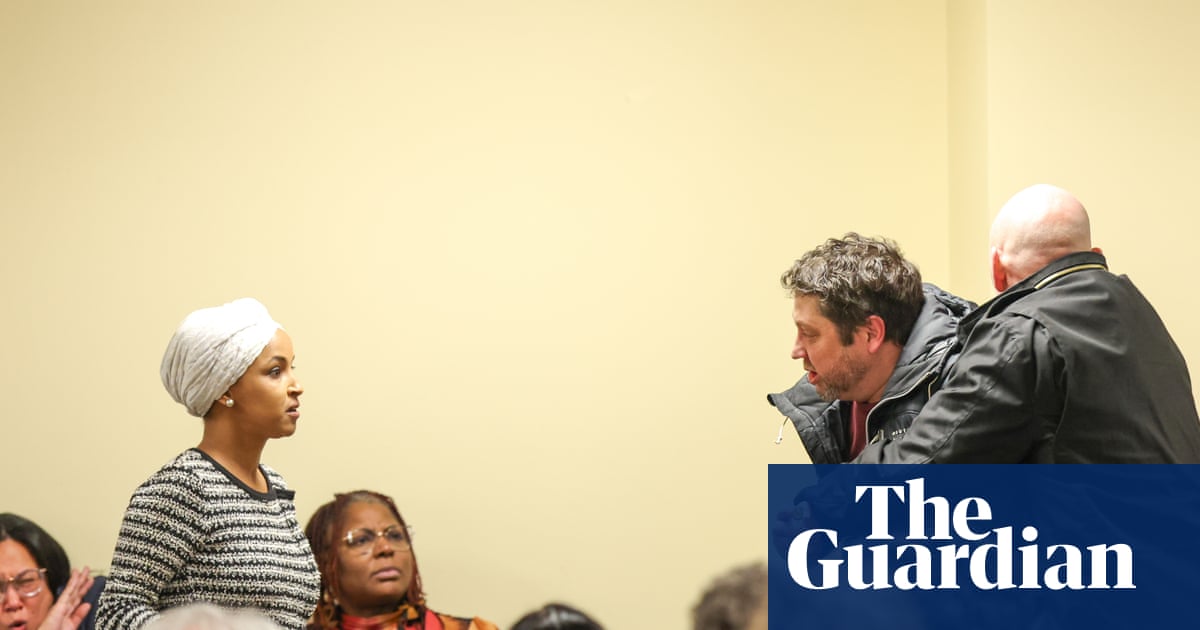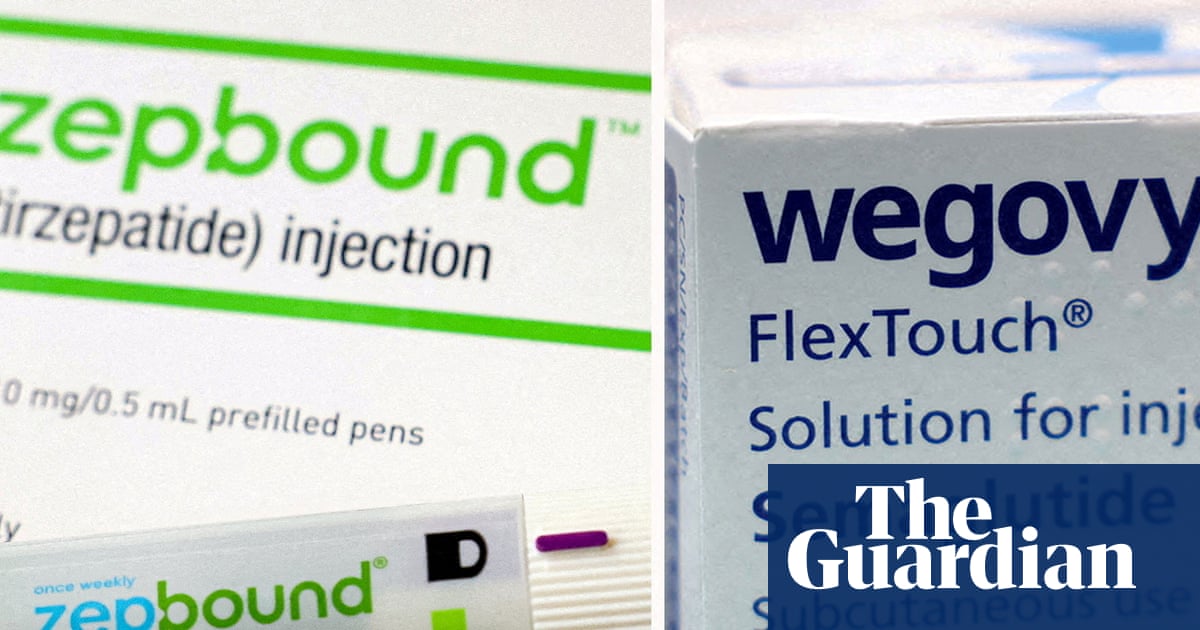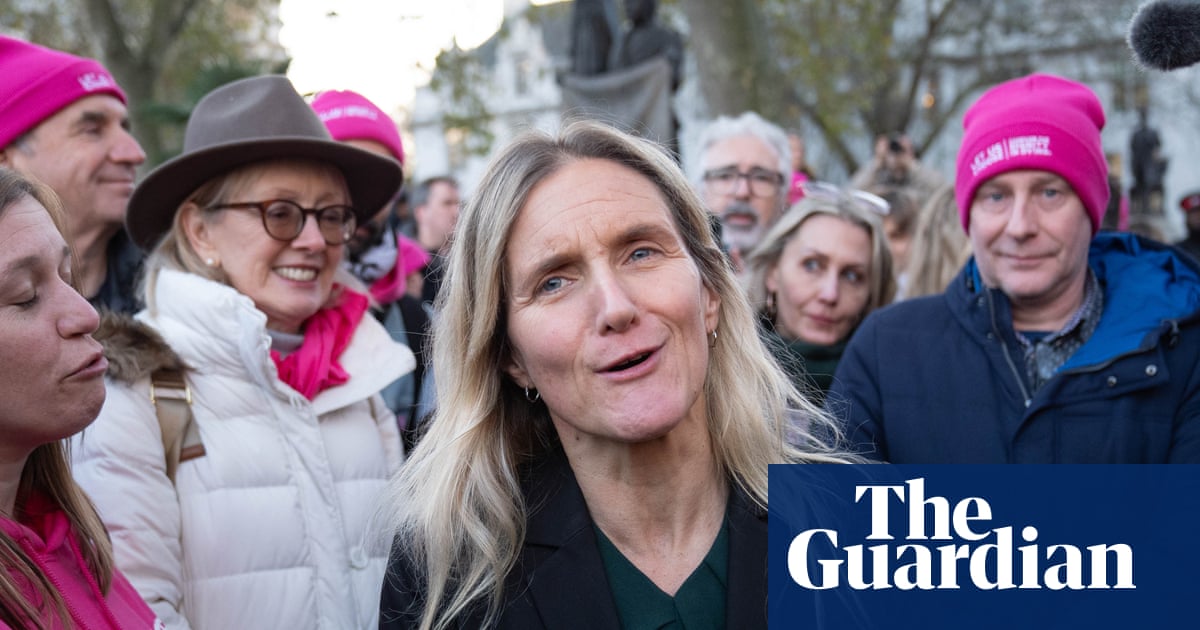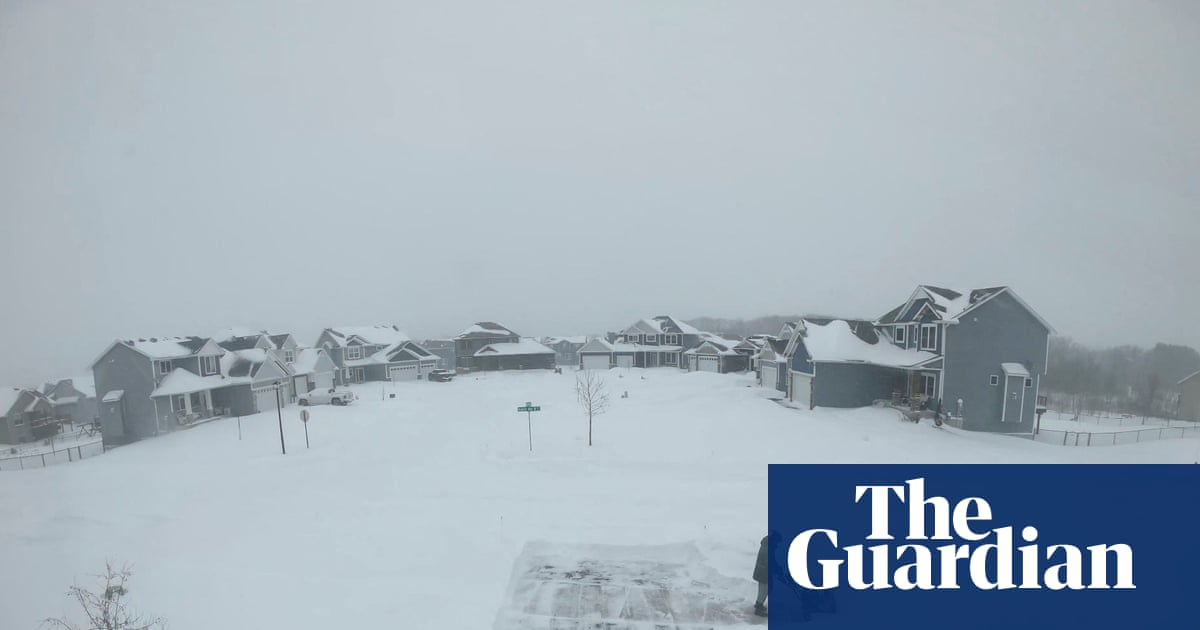When ExxonMobil announced it would “slow the pace of development” on a $10bn plastics plant along the Texas Gulf coast, the company blamed market conditions. But it wasn’t just the market applying pressure; it was a 77-year-old shrimper named Diane Wilson who refused to stay silent. Her fight exposes big oil’s latest survival plan: ramping up oil and gas production to create plastic.
I first met Wilson back in 2019 while tracking her historic lawsuit against Formosa Plastics, the Taiwanese petrochemical giant accused of dumping toxic plastic waste throughout coastal Texas. Billions of tiny plastic pellets were contaminating waterways, shorelines, and even the soil itself.
When I spoke with her again a few months ago for A People’s Climate, a podcast from the Nation and Counterstream Media, she was still doing what she’s always done: holding power to account in the place she loves most. I’ve spent years covering the plastic industry’s impact on frontline communities, and Exxon’s delay isn’t a business decision to dismiss. It’s a strategic signal that the fossil-to-plastic pivot is facing growing, community-led resistance.
When Exxon arrived in Calhoun county late last year, Wilson recognized the playbook: a rubber-stamp process rushed through a school-board meeting – a requirement under Texas law for the tax abatement Exxon sought. She sued that same board in May, arguing it had violated Texas open-meeting laws in what she has called “a deliberate attempt to avoid public opposition”. A district judge agreed, striking down the board’s approval of the tax abatement in late September. Less than two weeks later, Exxon announced it would pause plans for the new facility, indicating “market conditions”. The timing was hard to ignore. In a region dominated by fossil-fuel interests, that kind of outcome is unheard of.
While Exxon hasn’t reached a final investment decision, this delayed matters. It shows how even the most entrenched industries can be made to pause when local people demand transparency.
As gasoline demand declines, Exxon, Shell, and Dow are betting billions on petrochemicals, the feedstocks that become plastics. Industry projections show these products could drive nearly half of future oil-demand growth by 2050. Plastics are marketed as modern and indispensable, yet they come from one of the planet’s most carbon-intensive and polluting supply chains. According to Exxon’s December 2024 tax abatement application, the company’s proposed plastics plant in Calhoun county would produce 3 million tons of polyethylene pellets per year. These are the raw materials for plastic products that are used in everything from grocery bags to vinyl flooring.
Exxon already runs one of the world’s largest chemical hubs, in Baytown, Texas. According to Inside Climate News, the facility would be its next link in a fossil-fuel chain stretching from gas wells in west Texas to manufacturing zones in Asia. While industry executives tout diversification, on the ground, it looks and smells like doubling down on pollution.
Calhoun county’s history reads like a case study in corporate impunity. For decades, the oil and gas industry has promised jobs but delivered health risks, poisoned groundwater, and dead fisheries. Wilson grew up in Seadrift, the last authentic fishing village on the Texas Gulf coast. “The heart and soul of the community was the bay, the fish house, the boats,” she told me on A People’s Climate. “I’ve been on a boat since I was eight years old … It’s my life and my identity.”
Her battle with Formosa began decades ago, after she discovered her tiny county ranked first in the nation for toxic dumping. An introvert by nature, she was thrust into activism overnight when local officials tried to silence her for asking questions. She’s since been arrested more than 50 times, led hunger strikes, and even scaled the White House fence – what she calls “soul power in action”. Wilson’s work helped prove what regulators had long denied: plastic pellets were flooding coastal ecosystems by the billions.
Her historic $50m Clean Water Act settlement against Formosa Plastics was only possible after documenting years of illegal discharges into Lavaca Bay. It was the largest citizen-led environmental settlement in US history, and she didn’t take a cent. The money has gone towards local restoration: a fisheries co-op, oyster farms, and the community-science network known as Nurdle Patrol. (Formosa did not admit liability.)
That case made her a target of local politics, but it also gave her something invaluable: the ability to turn frustration into organizing power. Her latest lawsuit against the school board wasn’t simply about procedure, but questions who gets to decide the future. Is it the people who live there or the corporations that profit from polluting it?
Across the Gulf south, communities are demanding accountability. In St James Parish, Sharon Lavigne has also spent years fighting Formosa’s $9.4bn complex in what’s known as Louisiana’s Cancer Alley. In Port Arthur and Corpus Christi, organizers are fighting new gas export terminals. These aren’t isolated nimby fights; they’re part of a regional reckoning with a century of extraction. As record heat and hurricanes grow deadlier, Exxon still defends oil and petrochemical projects as “accelerating a just transition”, a phrase that borders on self-parody.
Wilson’s small-town lawsuit shouldn’t matter in Exxon’s $500bn universe – but it does. It reminds us that grassroots power still works, even in refinery country. “Eventually I lost my husband, the house, the boat,” she told me due to her activism. “But you can lose it all and gain your soul.” When a community like Seadrift demands transparency, it widens the space for others to question why their towns should subsidize pollution in the name of development.
With Cop30 in Belém under way, world leaders are once again pledging to phase out fossil fuels, while the same corporations responsible for the crisis expand drilling, petrochemical production, and greenwashing efforts behind the scenes. Recent reporting by Nina Lakhani revealed that more than 5,000 fossil-fuel lobbyists have gained access to UN climate talks over the past four years – underscoring how those driving oil and gas expansion are also shaping global climate policy.
For Exxon, Calhoun county may be a temporary delay. But it must be permanent, and not simply relocated elsewhere. The world cannot afford another generation of plastic built on the same extractive logic that created the climate crisis in the first place. Exxon’s pause is a chance for regulators, investors, and communities to recognize that the oil-to-plastic pivot has catastrophic consequences. As Wilson told me: “We have drawn a line in the sand against plastic polluters, and that line now runs through Calhoun county.” Her story is a reminder that even the largest corporations can be stopped when ordinary people refuse to back down.
-
Shilpi Chhotray is the co-founder and president of Counterstream Media and Host of A People’s Climate for the Nation

 2 months ago
47
2 months ago
47
